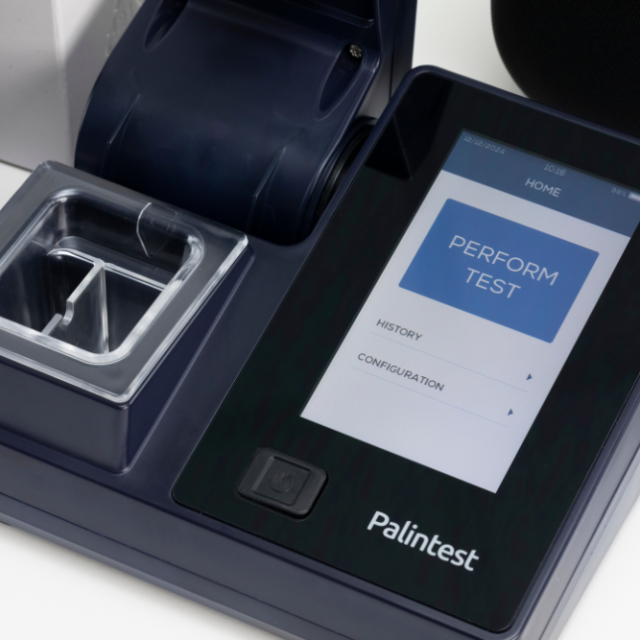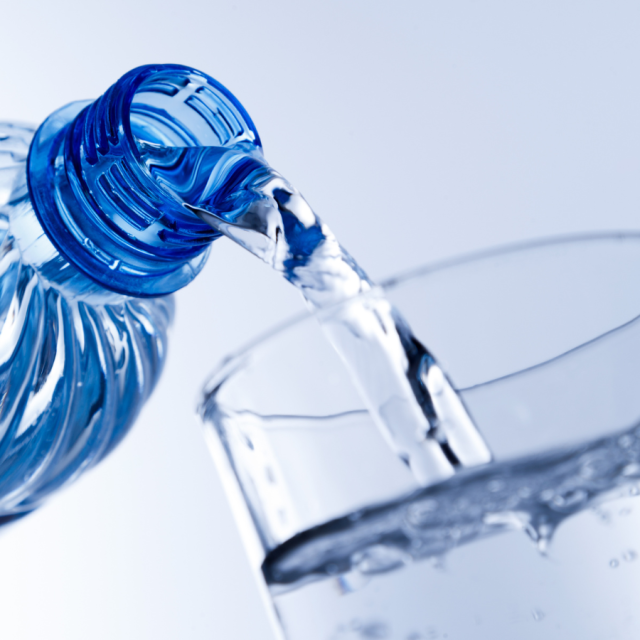
Methods for Testing the Hardness of Industrial Water
Methods for Testing the Hardness of Industrial Water
Testing the hardness of industrial water is essential for ensuring the efficiency and longevity of industrial processes and equipment. Water hardness, primarily determined by the concentration of calcium and magnesium ions, can significantly impact various industrial operations.
Understanding Water Hardness
Water hardness is a crucial factor in water chemistry, especially in industrial settings. It refers to the concentration of dissolved minerals, mainly calcium and magnesium, in water. Hard water, rich in these minerals, can cause scaling and affect the performance of boilers, cooling towers, and other water-dependent machinery.
Titration Methods
One of the most common methods for testing water hardness is titration. This involves adding a chemical reagent to the water sample, which reacts with the calcium and magnesium ions. The amount of reagent used to reach a certain endpoint (often a color change) is measured to determine the hardness level.
Electronic Hardness Testers
Electronic hardness testers offer a more modern approach to measuring water hardness. These devices provide a digital reading of the hardness level, usually in terms of grains per gallon (gpg) or parts per million (ppm). They are known for their accuracy and ease of use.
Test Strips for Quick Assessment
For quick and easy testing, water hardness test strips are often used. These strips change color when dipped in a water sample, with the color intensity indicating the hardness level. While not as precise as other methods, test strips are convenient for routine checks.
Spectrophotometric Analysis
In laboratories, spectrophotometric analysis can be used for a more detailed assessment of water hardness. This method involves measuring the absorption of light by the water sample at specific wavelengths, providing accurate quantification of calcium and magnesium concentrations.
The Importance of Regular Hardness Testing
Regular testing of water hardness in industrial settings is vital. It allows for the early detection of potential issues related to scaling and mineral deposition. This proactive approach helps in maintaining operational efficiency, extending the life of equipment, and ensuring product quality.




